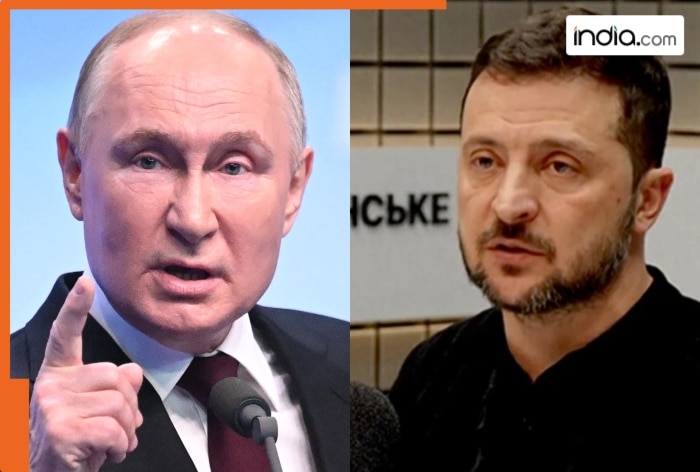 |
|
The recent escalation in the Russo-Ukrainian war marks a significant turning point, characterized by Ukraine's unprecedented long-range missile strikes into Russian territory. These attacks, reportedly authorized by US President Joe Biden, utilized American-made ATACMS missiles targeting a military facility in the Bryansk region. The audacious nature of these strikes signifies a notable shift in the conflict's dynamics, highlighting Ukraine's growing offensive capabilities and its willingness to strike deeper into Russian territory. The use of ATACMS missiles, known for their precision and range, represents a significant escalation, potentially altering the strategic balance of the war.
However, the effectiveness of these attacks was significantly mitigated by Russia's robust air defense systems. The Russian Ministry of Defense reported that five of the six ATACMS missiles launched were successfully intercepted by their S-400 air defense system and Pantsir missile system. Only one missile reportedly caused minor damage, resulting in a small fire at a military facility with no reported casualties. This successful interception underscores the effectiveness of Russia's advanced air defense capabilities in countering long-range missile strikes, even those equipped with advanced guidance systems. The disparity between the intended impact and the actual results underscores the limitations of relying solely on long-range missile strikes to achieve significant strategic gains.
The incident has provoked a strong reaction from Russia, which views the attacks as a new phase in what it terms a “Western war” against Moscow. Russian Foreign Minister Sergey Lavrov explicitly stated that Russia considers the attacks a new escalation, promising a proportional response. This statement highlights the deeply entrenched perception within the Russian government that the conflict extends beyond a regional war, involving direct or indirect participation from Western powers. Lavrov’s accusations of US complicity in the attacks further strain relations between Russia and the West, intensifying the geopolitical implications of the conflict. This strongly worded response suggests that we can expect further retaliatory actions from Russia, potentially escalating the conflict further.
The silence from the United States and other Western countries on the matter is notable and potentially strategic. Their lack of comment could reflect a variety of factors, ranging from a desire to avoid further escalation by not publicly confirming their involvement to a strategic assessment that minimizing public acknowledgement could be beneficial. However, this silence also leaves room for speculation and fuels the narrative promoted by Russia, strengthening their claims of direct Western involvement in the conflict. This ambiguity adds another layer of complexity to the already tense geopolitical situation, leaving the potential for further miscalculation and unintended escalation.
The implications of this event extend far beyond the immediate battlefield. The successful interception of the majority of the missiles raises questions about the effectiveness of long-range missile strikes against well-defended targets. The Russian response highlights the inherent risk of escalation when long-range strikes are used, potentially triggering a more significant military response. The lack of transparency surrounding the incident, coupled with conflicting narratives from each side, only adds to the global uncertainty about the war’s future trajectory. Ultimately, this incident underscores the complex and volatile nature of the conflict, the delicate balance between military capabilities, and the significant potential for miscalculation with potentially devastating consequences.
Moving forward, the international community faces the challenge of navigating the escalating tensions. The potential for further escalation, including the possibility of direct military confrontation between Russia and the West, remains a significant concern. International efforts aimed at de-escalation, diplomatic solutions, and conflict resolution are crucial to prevent further escalation and to safeguard global peace and security. The international community must carefully weigh the risks of continued intervention and the potential for devastating consequences in seeking an end to this devastating conflict.
